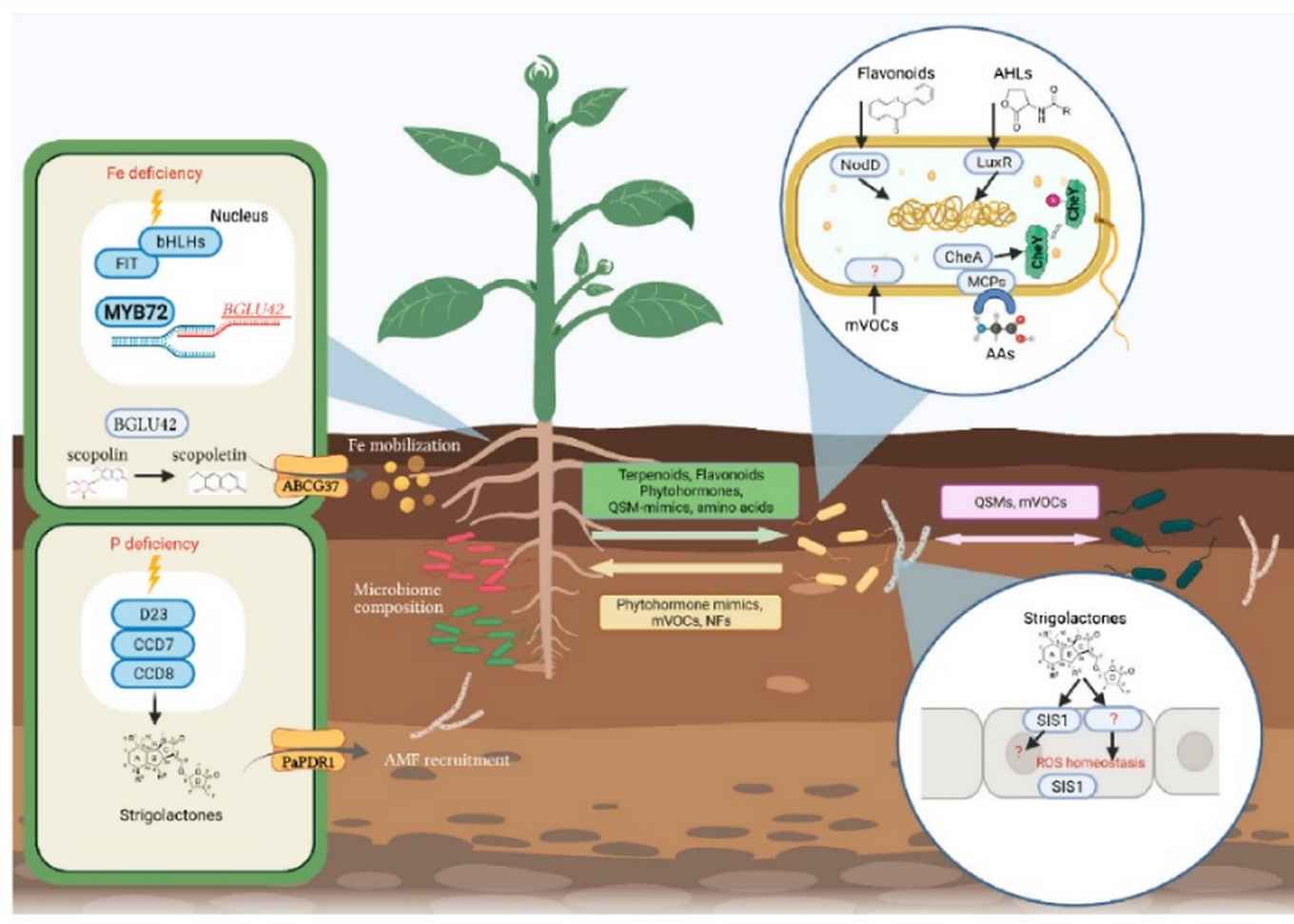Plant Hormone Biology
Group leader Prof. Harro Bouwmeester
Research within the Plant Hormone Biology group focuses on the interaction of plants with other, beneficial and pathogenic, organisms, such as parasitic plants, nematodes and the microbiome. We study the mechanisms underlying this interaction, the factors that determine host specificity and how environmental stresses change the interaction. With an improved understanding of the processes taking place in the rhizosphere of plants, we will be able to design strategies to make better use of the beneficial interactions, to suppress the pathogenic interactions and to perform agriculture with less chemical inputs, making it more sustainable.
